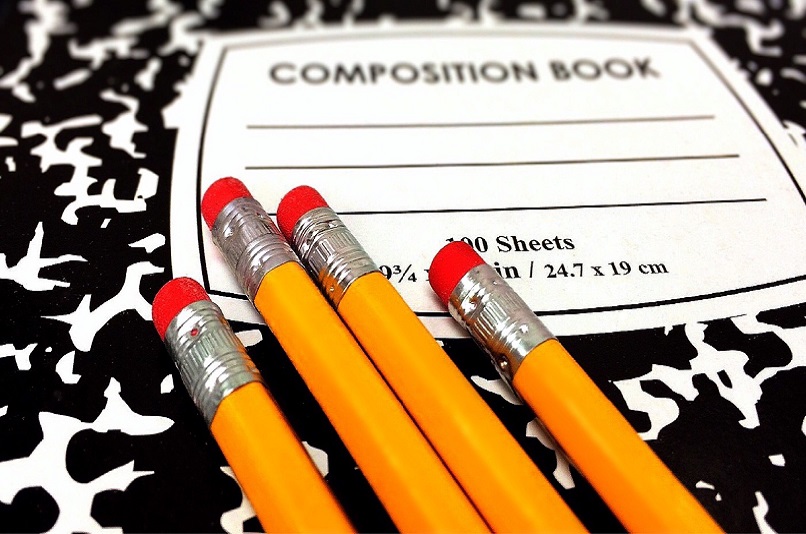I’m sometimes asked if I have any advice for aspiring writers, and I usually get a startled look when I snappily reply, “Nope!” I let it hang for a few moments, and then explain: in my mind, there need be no such thing as an aspiring writer, because the difference between “aspiring” and “writer” is so tiny, anyone with the will can bridge it. Many have but don’t realize it. It’s all in the tip of a pencil or the tap of a key. If you write, you’re a writer, and you have left “aspiring” behind. If you can’t buy that idea, consider that runners who never race are still called runners. They move forward, one foot on and one foot off the ground, again and again, hence they are runners. If you record, on paper or screen, one word after another, you’re a writer.

You can find a lot of advice about how you should write—how many minutes or words a day, what tools you “need” (which too often reads “buy”), whether you should aim for an audience or market, or simply write from the heart. Whether you should “write what you know” or write about what scares you or what feels safe, or healing. How closely you should follow conventions. You may read books or posts about writing, perhaps take a class or workshop, join a writers’ group. All these things can be instructive and inspiring and worth your time, but it will still come down to putting the pencil (pedal) to the paper (metal).
To move from “aspiring” to “writer” may take less than you might think. I wrote my historical novel The River by Starlight, more than 200,000 words in numerous drafts, with pencils in spiral notebooks. I’m writing this post in pencil in a composition book. I have no MFA or writing degree, no software other than Microsoft Word. During the years of writing my novel, although I was already a successful nonfiction author, I did struggle with whether I was a “novelist,” or whether I would be a novelist if the book were never published. That was perhaps the toughest writing tussle I ever had with myself—having to take my own advice. Eventually I did. The answer was yes, I was a novelist because I had written a novel. And when I reached that peace of mind, everything else leading to publication began to fall into place.
So, dear reader-writer—write on. I didn’t answer the question of how to become a published writer, but today you pour the foundation. From that will rise The House That You Built, one word upon another, because you are a writer.

Leave A Comment